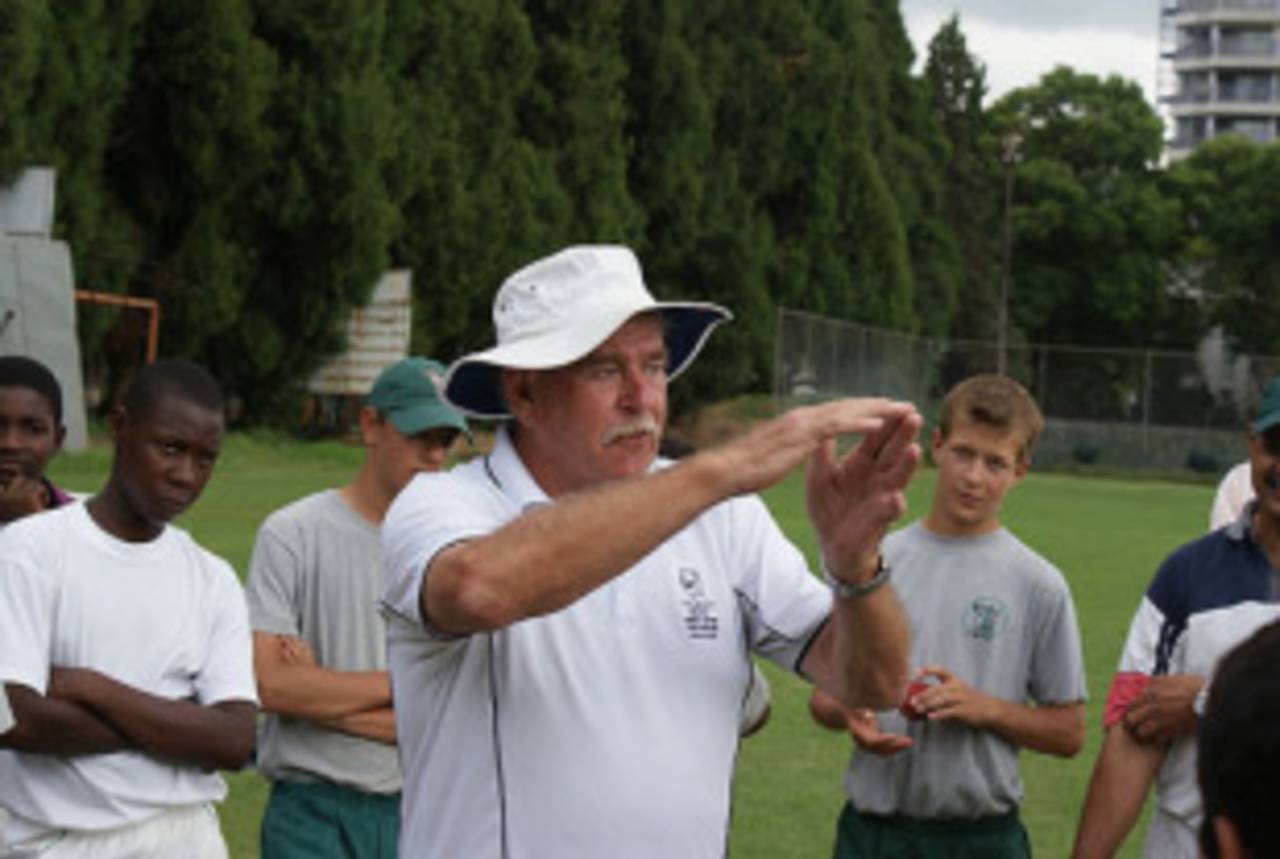If you like cricket, you had to like Terry Jenner. And if you love legspin you had to absolutely adore him. No one spoke more eloquently, knowledgeably, and passionately about legspin than him. I met him properly only once, but even years later, I can picturise him vividly.
We met in the lobby behind the press box at the Adelaide Oval in 2003. That morning he had been in the nets with Shane Warne, preparing to make his comeback to international cricket after serving his one-year ban for taking diuretics. I had asked him for five minutes; he gave me close to an hour, during which I might have asked him no more than five questions.
I did ask him, though, about the difference between Stuart MacGill and Warne. MacGill had benefitted from Warne's absence and used the period profitably, claiming 43 wickets in eight Tests at 25.11, with a strike rate of 45.9. But of course he had made no impression on the touring Indians, nor was he expected to. During a meet-the-press event before the Test, MacGill, while giving fulsome praise to Warne, had questioned, only half in jest, his claims to mystery balls.
"Stuart is right," Jenner said. "There is only so much spin you can generate, and there are only so many balls you can bowl." Then he counted them: the legbreak, the topspinner, the backspinner, the flipper and the googly. The difference between Warne and Macgill, he said, wasn't the number of different balls they possessed or how much they spun the ball. It was in how the ball arrived at the batsman.
Then he proceeded, oblivious to scores of other journalists and a few commentators around, to give a full demonstration. Because he was so round-arm, MacGill's ball arrived at the right eye of the batsman and went on straight, giving the batsman 20:20 vision. "When Warnie bowls to right-handers," Jenner said, mimicking Warne's action, "the ball arrives at eye-level and then disappears behind the left ear, forcing the batsman to search for it." That Warne had the ability to drift the ball wasn't unknown, but Jenner's way of explaining it gave it different meaning.
There was another nets before the Test and it was organised at the behest of another legspinner. Anil Kumble had invited Warne and Jenner to watch him practice and talk about legspin. Spinners are a club by themselves, and Jenner watched while Kumble and Warne bowled, and then they stood in a corner and chatted for an eternity.
Kumble wasn't Jenner's kind of legspinner in that he hardly turned the ball. But Jenner saw his art. "You couldn't teach someone to bowl like Kumble," he said, "and that makes him unique and special. Sitting far away in the stands it's not easy to see his subtleties and nuances. Only the batsman knows."
I was wary of asking him about his experience in jail. But there was no awkwardness about him. He wasn't proud of what landed him there, but he was proud of how he came out of it. "It made me a better man," he said, without a trace of rancour and bitterness.
It also made him value his friends. Ian Chappell, his captain at South Australia and in the Australian team, was one the few of his teammates to have visited in prison. "He told me to look him in the eye," Jenner said. "And then he said something I would never forget. 'Once captain, always captain.' I knew he would always be there for me."
Terry played only nine Tests. Being Warne's coach brought him more fame than his international career. But to fully appreciate Jenner, you had to hear him talk legspin. I count myself as fortunate.
Sambit Bal is the editor of ESPNcricinfo
